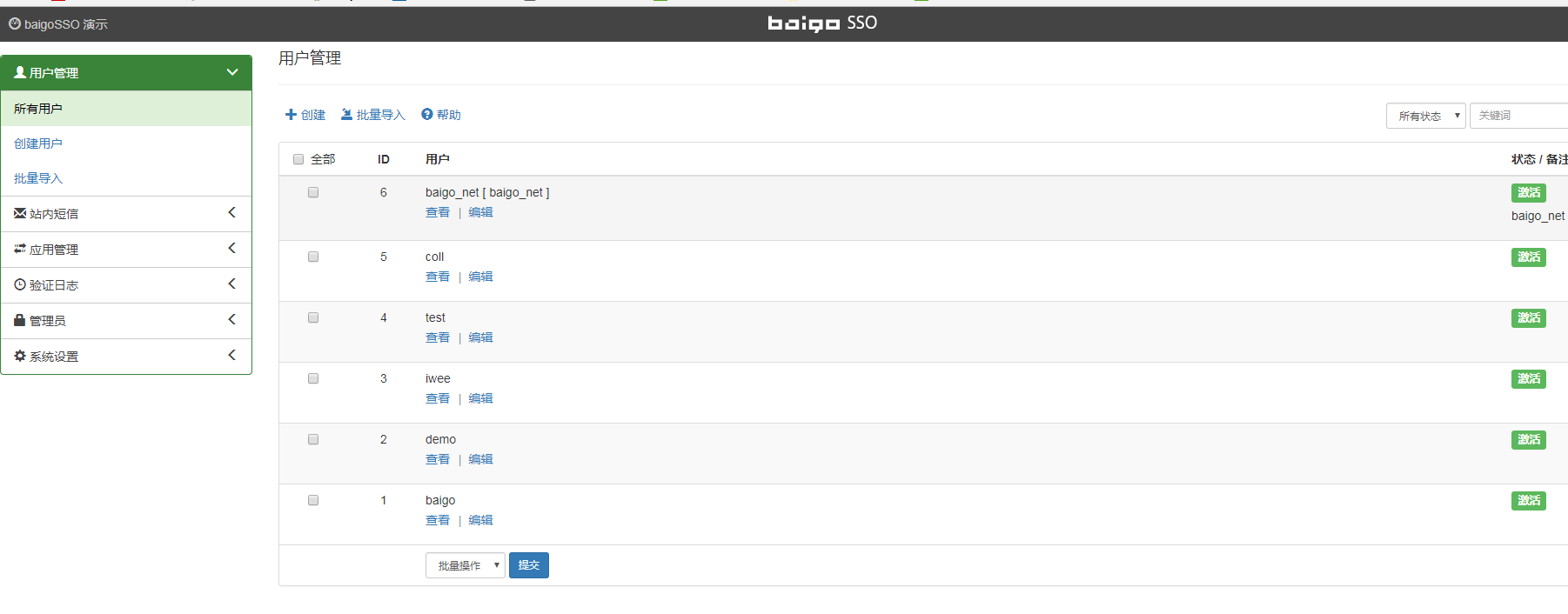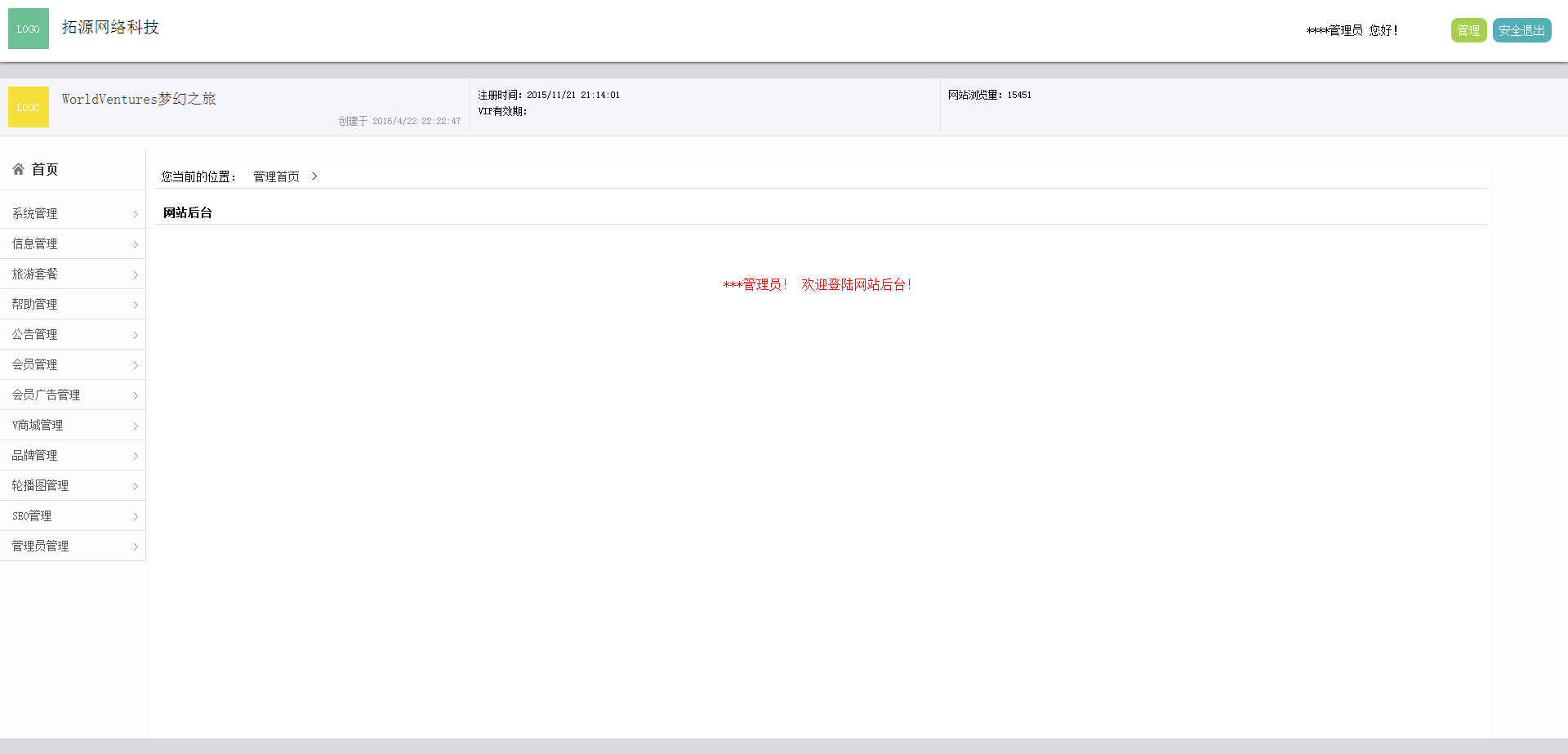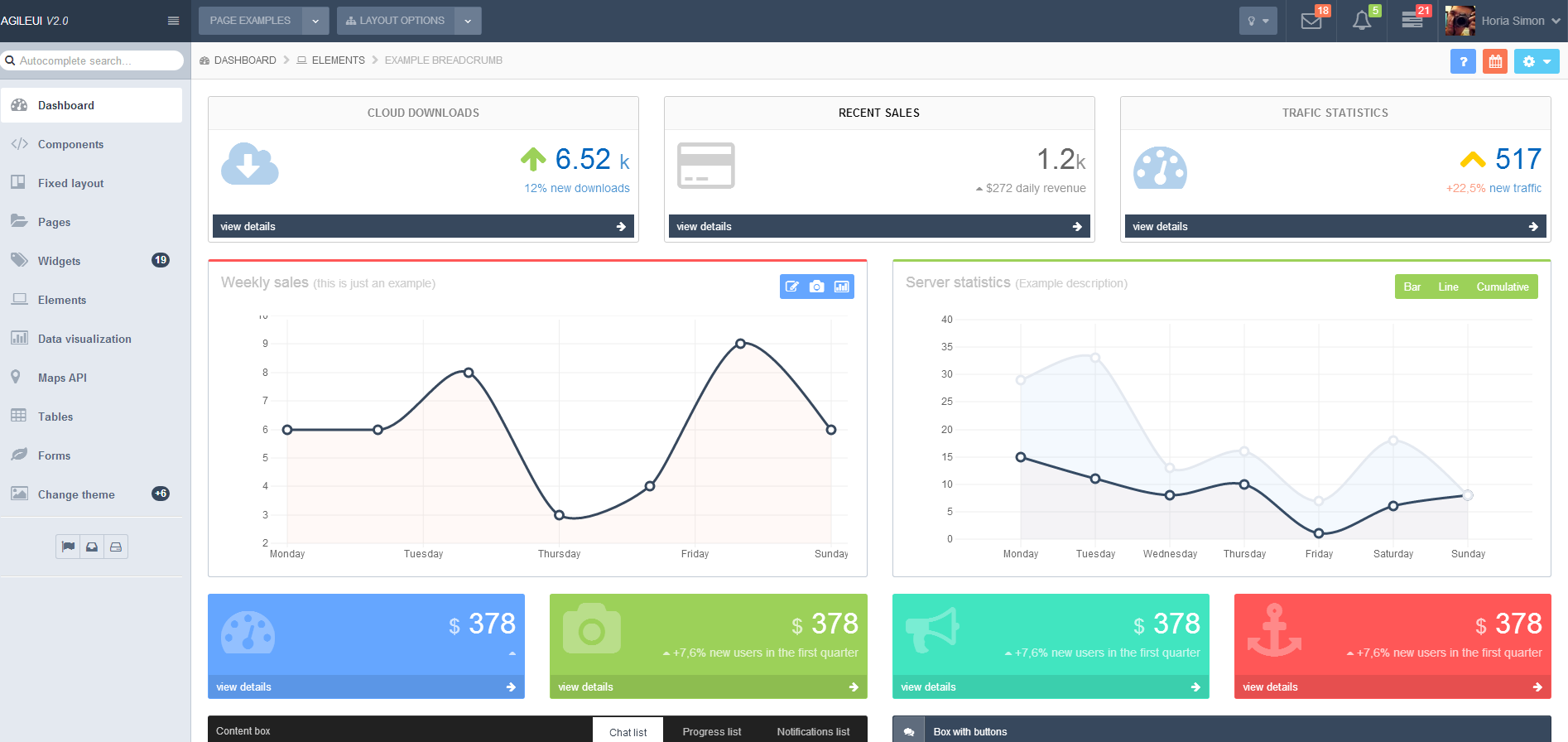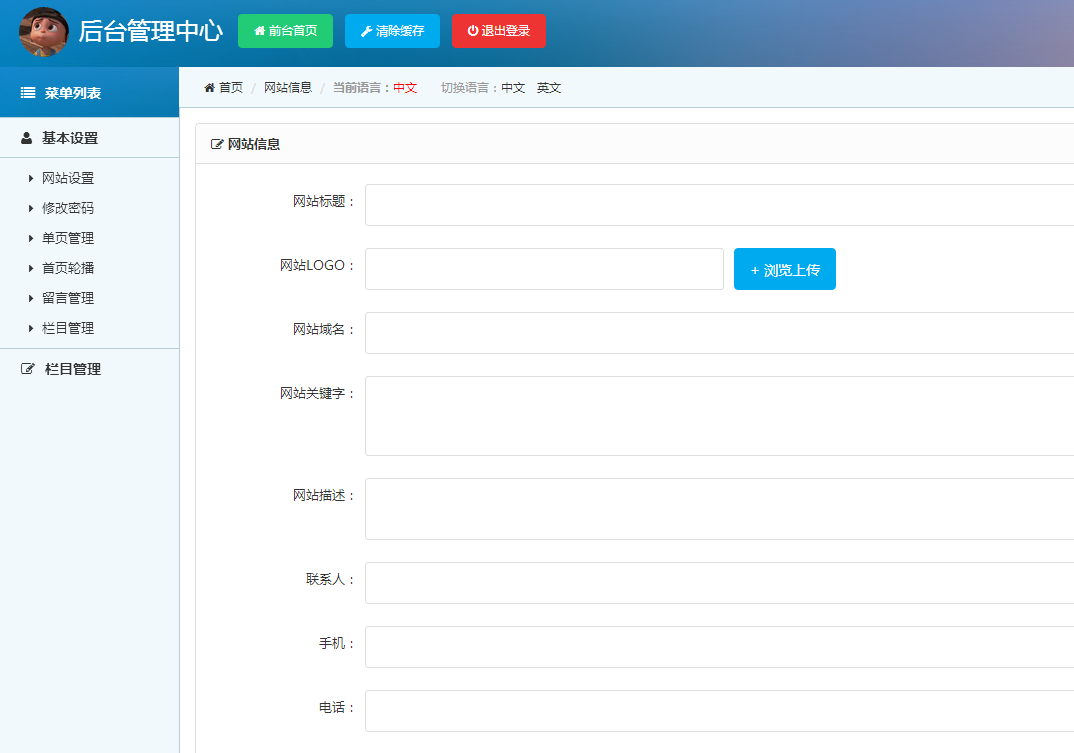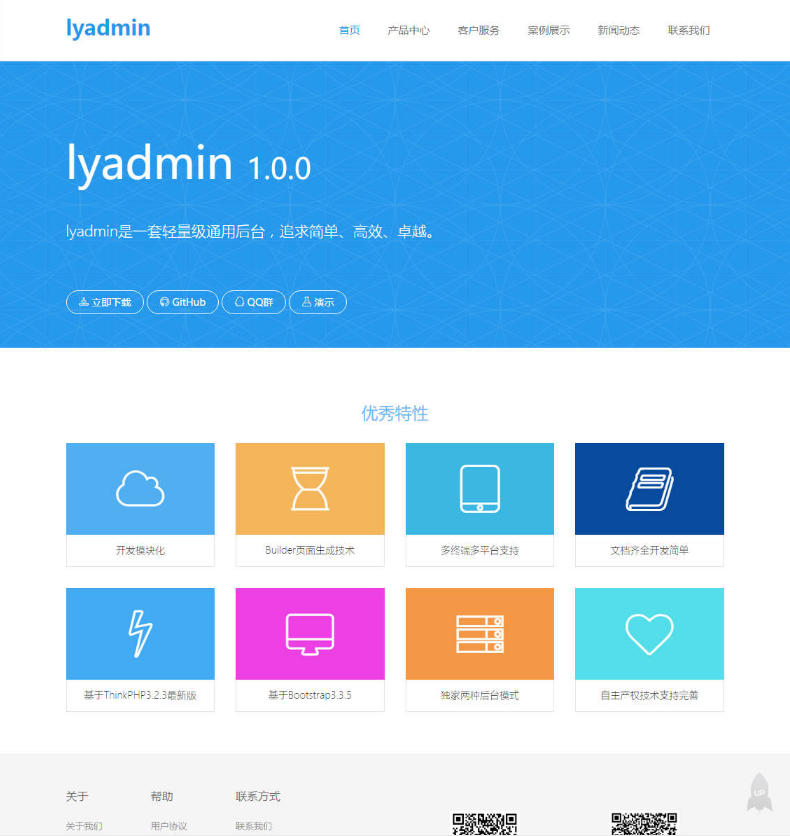baigo SSO single sign-on system
All resources on this site are contributed by netizens or reprinted by major download sites. Please check the integrity of the software yourself! All resources on this site are for learning reference only. Please do not use them for commercial purposes. Otherwise, you will be responsible for all consequences! If there is any infringement, please contact us to delete it. Contact information: admin@php.cn
Related Article
 Single Sign-On (SSO) Explained
Single Sign-On (SSO) Explained25Feb2025
Key Takeaways Single Sign-On (SSO) is a process that allows a user to access multiple services after authenticating their identity only once, which eliminates the need for repeatedly confirming identity through passwords or other systems. Implem
 Single Sign-On (SSO) Made Easy
Single Sign-On (SSO) Made Easy21Jan2025
What is Single Sign-On (SSO)? Frontend Single Sign-On (SSO) is a user authentication and authorization method enabling users to access multiple applications or websites using a single set of login credentials, eliminating repeated logins and registra
 Methods and Implementations of Single Sign-On (SSO)
Methods and Implementations of Single Sign-On (SSO)08Nov2024
An In-Depth Exploration of SSO Techniques Introduction Single Sign-On (SSO) is a crucial authentication process that allows users to access multiple applications with one set of login credentials. It streamlines the user experience, enhances secu
 Can PHP Applications Implement Cross-Domain Single Sign-On (SSO)?
Can PHP Applications Implement Cross-Domain Single Sign-On (SSO)?24Nov2024
Cross-Domain Cookies: Addressing the ChallengeQuestion:Can a PHP application set cookies for multiple domains, enabling single sign-on (SSO)...
 Single Sign-On (SSO): A Comprehensive Guide with React and ExpressJS
Single Sign-On (SSO): A Comprehensive Guide with React and ExpressJS06Jan2025
Single Sign-On (SSO) is an authentication mechanism that allows users to log in once and access multiple connected applications or systems without needing to reauthenticate for each one. SSO centralizes user authentication into a single, trusted syst
 PHP implementation method of SSO single sign-on (Laravel framework), ssolaravel_PHP tutorial
PHP implementation method of SSO single sign-on (Laravel framework), ssolaravel_PHP tutorial12Jul2016
PHP implementation method of SSO single sign-on (Laravel framework), ssolaravel. SSO single sign-on PHP implementation method (Laravel framework), ssolaravel Laravel is a simple and elegant PHP Web development framework (PHP Web Framework). It can save you from messy noodles
 How Can I Set Cookies Across Multiple Domains for Single Sign-On (SSO) in PHP?
How Can I Set Cookies Across Multiple Domains for Single Sign-On (SSO) in PHP?27Nov2024
Cross-Domain Cookie ConundrumIn the realm of web development, a common challenge arises when attempting to set cookies across multiple domains....
 How Can Single Sign-On (SSO) Be Implemented Across Multiple Domains Without Using Cross-Domain Cookies?
How Can Single Sign-On (SSO) Be Implemented Across Multiple Domains Without Using Cross-Domain Cookies?26Nov2024
Cross-Domain Cookies: A Challenge in Single Sign-OnThe implementation of Single Sign-On (SSO) presents a unique challenge when it comes to setting...





